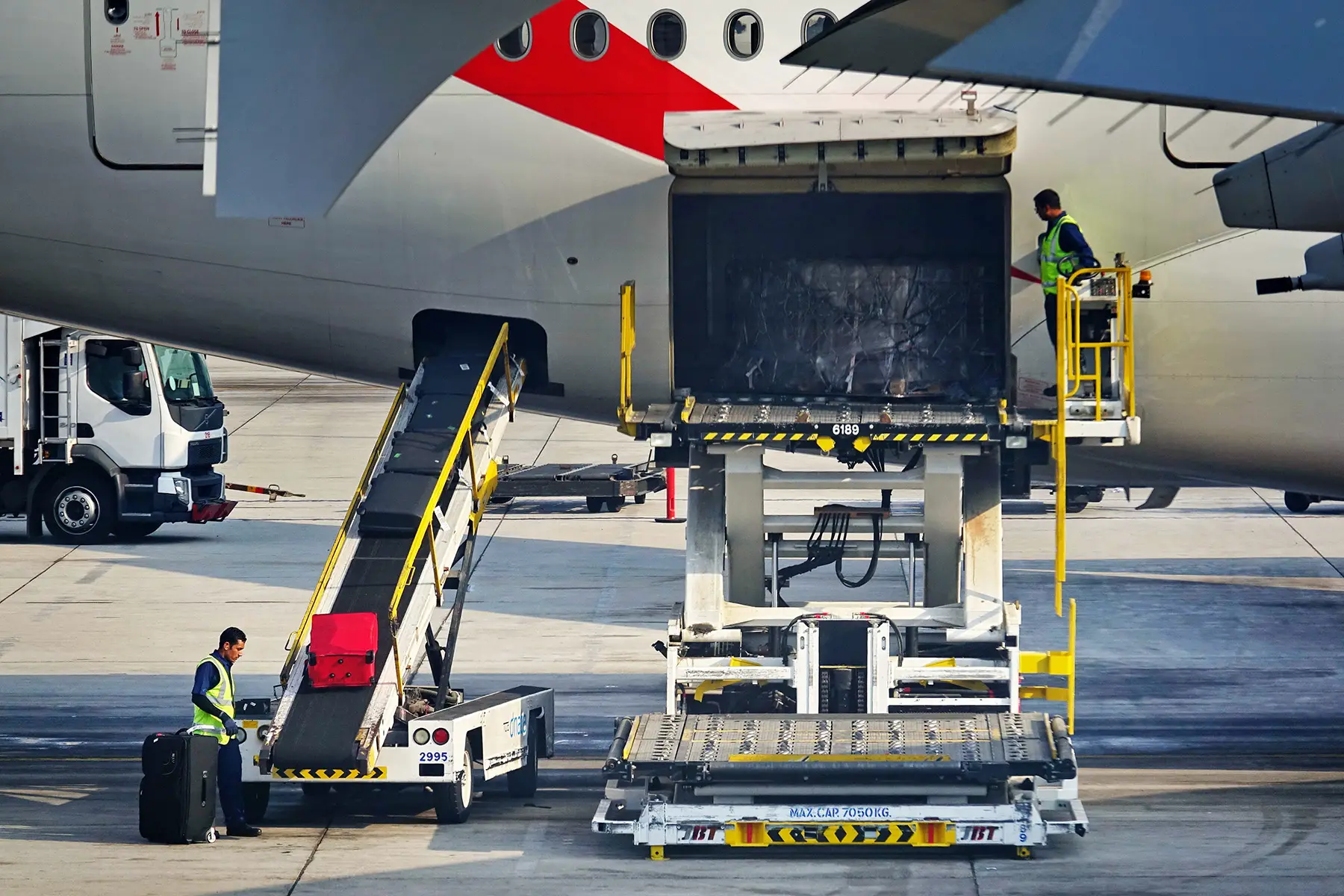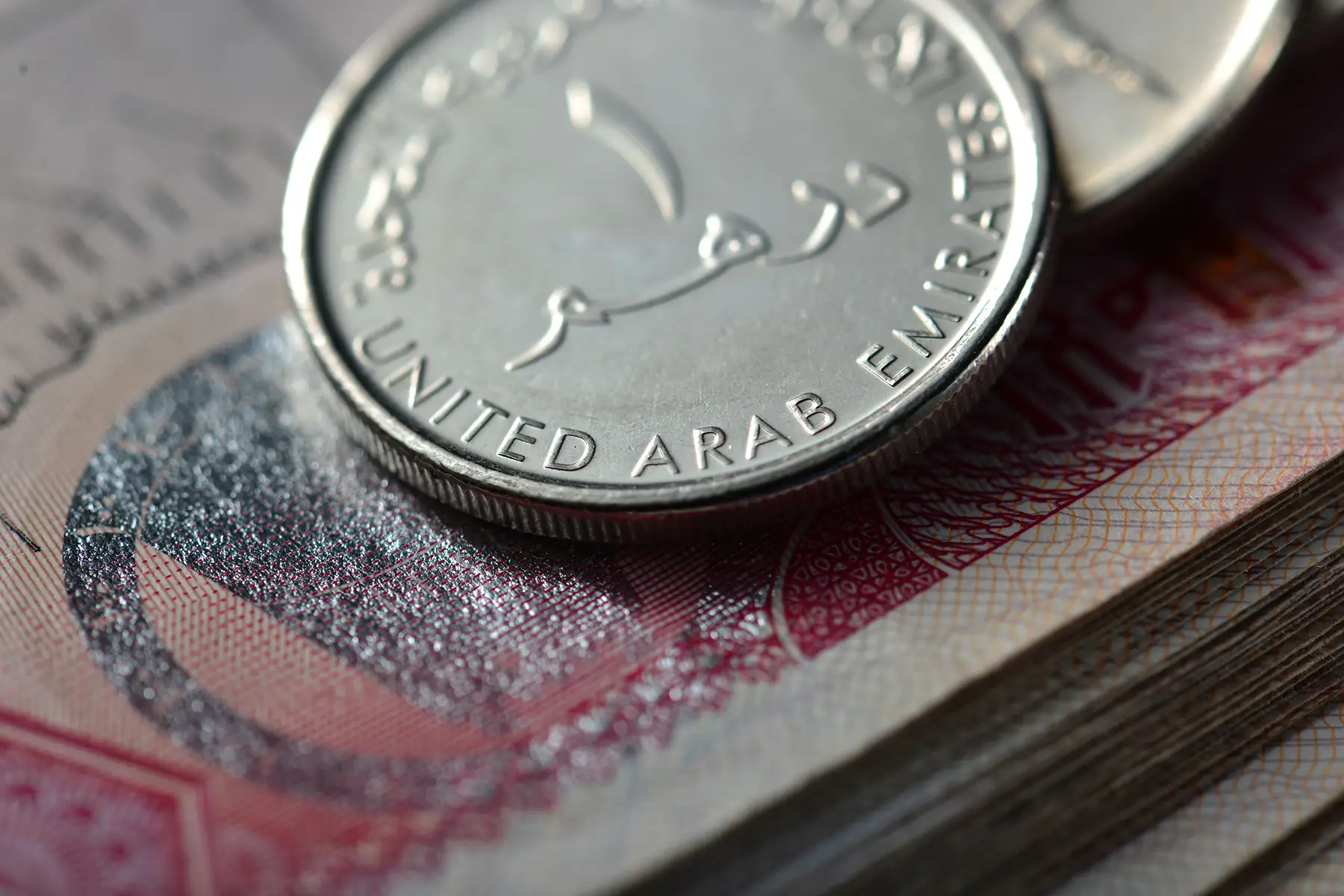Expats shopping for insurance in the UAE will find a mix of local and international providers covering a variety of different risks relating to home and work life. This guide includes the following information:
Overview of insurance in the UAE
The UAE has the largest insurance market within the Gulf Cooperative Council (GCC). There are currently 62 insurance companies in UAE – 35 national and 27 international – plus a number of brokers, agents, and consultants.
Furthermore, the Emirates insurance market grew its total gross written contributions by 0.5% in 2021, however, penetration is still low compared to many OECD nations. In addition, many forms of insurance remain voluntary. Health insurance and motor insurance are the biggest industries in the UAE. Many of the local providers are cooperatives that offer sharia-compliant insurance known as takaful.
The Central Bank of the UAE regulates insurance in the country. Additionally, the Dubai Financial Services Authority (DFSA) and the Abu Dhabi Global Market (ADGM) carry out regulation at a regional level. The departments of health in Dubai and Abu Dhabi also oversee the health insurance sector in these cities. Most insurance companies in the UAE belong to the Emirates Insurance Association.
Compulsory insurance in the UAE
Motor insurance
If you’re planning on driving in the UAE, you must insure it to at least a third-party liability level. This covers you against claims made by others for damages to themselves or their property.

You can also take out fully comprehensive auto insurance in the Emirates. This will cover all incidents including those where you are at fault, plus damage to, or theft of, your own vehicle. In addition to this, you can extend coverage to include things such as emergency medical coverage, off-road incidents, and road assistance cover.
Insurance companies in the UAE offer no claims bonuses where your premiums are reduced according to the length of the period where you haven’t made an insurance claim.
Premiums depend on the type of car, level of coverage, and driver history. Currently, average annual car insurance costs in UAE for the main models are between AED 1,528 and 1,983.
Health insurance
Health insurance in the UAE is mandatory if you live in Dubai or Abu Dhabi, but you can purchase private insurance voluntarily elsewhere.

In Dubai and Abu Dhabi, employers usually arrange health insurance coverage for their staff. Coverage usually includes basic GP treatment and hospital care. However, standard plans often don’t include specialist care plus dental or eye care. Therefore, you should check and increase your premium if you require extra coverage.
Private health insurance companies in the UAE include:
Optional forms of insurance in the UAE
Home insurance
Home insurance in the UAE is available to cover both the building and its contents. Because this is an optional form of insurance, you can choose the extent of coverage.
Building insurance usually covers damage caused by fire, floods, earthquakes, storms, or vandalism. Contents insurance covers damage, loss, or theft. It is important that you check policies for any stipulations on what you have to do to protect your property against risks.
If you rent your property in the United Arab Emirates to tenants, you can also purchase additional coverage; for example, costs relating to alternative emergency accommodation, home-based accidents, or rental loss. Home insurance costs vary according to risk factors and insurance value but start at around AED 350 a year.
Life insurance
You can purchase life insurance from a range of providers operating in the UAE. Many expats take out a plan from an international provider or choose to transfer a pre-existing policy. However, some employers in the UAE offer life insurance plans as part of their benefits package, along with health insurance.
You can choose a plan to suit you, and most are geared towards covering the living costs of your spouse and dependents in the event of your death. They will typically receive a lump sum payment. You can also purchase packages that allow you to provide for yourself in the event of retirement or having to give up work due to a disability.
Premiums will depend on various lifestyle factors plus the level of coverage chosen. With many companies, you can choose from a range of investment options so that you can maximize the return on payments.
Travel insurance
If you live in the UAE and travel frequently outside the country, travel insurance is a good idea. You can purchase this to cover things such as:
- Canceled or missed flights;
- Lost or delayed baggage;
- Medical expenses;
- Emergency accommodation costs in the event of an incident abroad;
- Third-party liability costs

Costs depend on the extent of your coverage. For example, medical expenses often only include limited emergency treatment. However, global health insurance may cover many medical costs, therefore make sure you don’t duplicate anything.
You should also check for exclusions, such as extreme sports activities or high-risk trips. In addition to the level of coverage, costs will be affected by the following factors:
- The length of the coverage period, which can be anything from a few days to annual or bi-annual coverage;
- Whether you want regional or worldwide cover
Income protection
The social security system in the UAE only covers national citizens who are employed. Therefore, expats have no protection against unemployment or illness. With this in mind, it can be a good idea to purchase income protection insurance to avoid being out of pocket if you can’t work for any reason.

Most companies offering this insurance allow you to tailor the policy to suit your needs. Standard policies cover protection against temporary or permanent illness or disability, but you can often pay extra to insure yourself against any out-of-work periods.
Liability insurance
This form of insurance is more typically a concern for businesses. However, individuals can take out policies to protect against claims made against them due to injuries or damages caused to third parties or their property.
Liability insurance is normally available as an add-on with home insurance to cover incidents occurring within the home. It can also be taken out as a standalone policy with many providers.
Commercial insurance in the UAE
If you are working as a freelancer or running your own business in the UAE, you will need to make sure you are insured to the right level. Both compulsory and optional forms of insurance are available, including:
- Liability insurance: public liability insurance is compulsory for many industries (e.g., construction). Businesses can also take out professional liability insurance to cover cases of professional negligence or product liability which covers claims made against products sold or manufactured.
- Property insurance: optional but recommended for businesses with valuable assets. Policies can be tailored to cover premises, business equipment, stock on-site, and goods in transit.
- Employee benefits insurance: businesses with employees may need employer liability insurance as a minimum to cover work-related accidents and incidents. Employee health insurance is typically offered by many UAE companies. Other policies are also available, such as employee life insurance.
- Financial insurance: covers financial losses sustained as a result of employee or trustee embezzlement.
In addition to the above, there are insurances geared towards specific industries (e.g., engineering insurance) that take into account industry-specific risks. Many companies also offer all-risk policies that combine the above forms of insurance in an all-inclusive package.
Tools for comparing insurance in the UAE
- Yalla Compare – one of the most well-known comparison sites in the Middle East region where you can compare various forms of insurance along with other products;
- Insurance Market – allows you to compare a range of personal and commercial insurance products.




